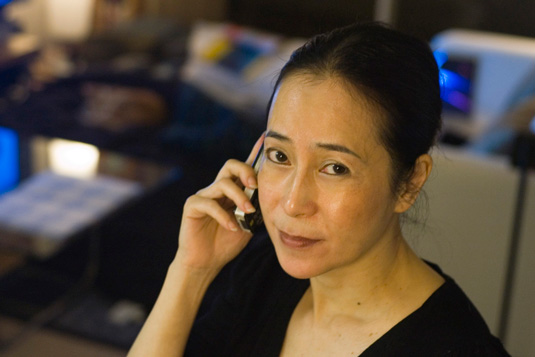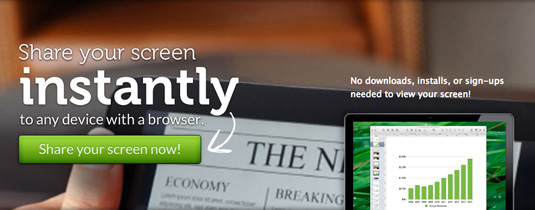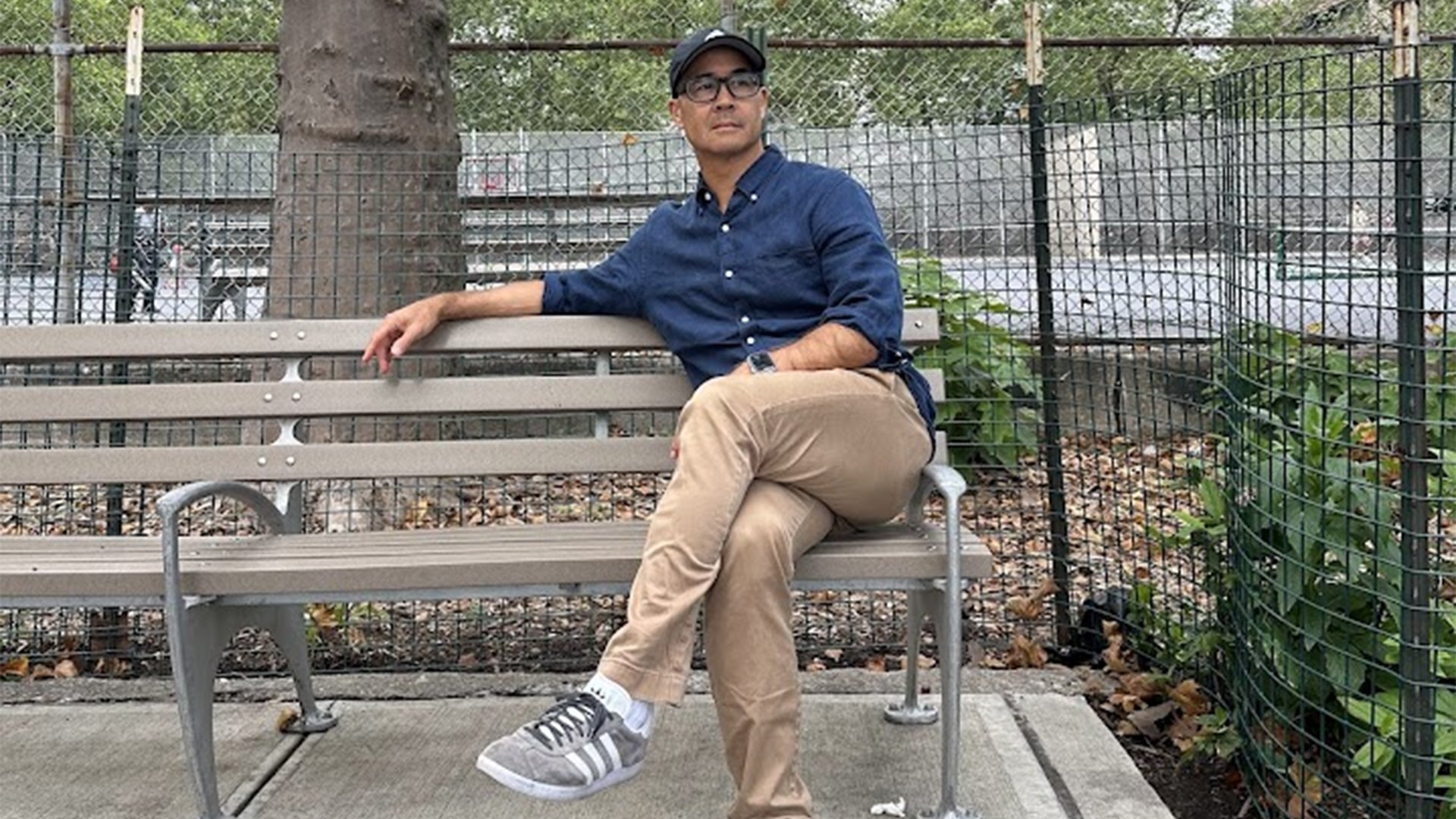How to impress in a phone interview: 6 pro tips
You're a visual person, so how do you approach an audio interview? We have some handy tips.
Sign up to Creative Bloq's daily newsletter, which brings you the latest news and inspiration from the worlds of art, design and technology.
You are now subscribed
Your newsletter sign-up was successful
Want to add more newsletters?

Five times a week
CreativeBloq
Sign up to Creative Bloq's daily newsletter, which brings you the latest news and inspiration from the worlds of art, design and technology.

Once a week
By Design
Sign up to Creative Bloq's daily newsletter, which brings you the latest news and inspiration from the worlds of art, design and technology.

Once a week
State of the Art
Sign up to Creative Bloq's daily newsletter, which brings you the latest news and inspiration from the worlds of art, design and technology.

Seasonal (around events)
Brand Impact Awards
Sign up to Creative Bloq's daily newsletter, which brings you the latest news and inspiration from the worlds of art, design and technology.

Let's face it. Telephone interviews are terrifying. Unlike face-to-face interviews, it's harder to strike up a rapport with the person interviewing you or talk someone through your portfolio step-by-step.
But that doesn't mean that all phone interviews are likely to be disaster. We've put together some top tips to help you succeed.
01. Be aware they can't see you
Unlike a face-to-face interview, chatting with someone over the phone means that you won't be able to see their facial expressions, making jokes is a bit of a gamble. So you need to do things a little differently.
For instance, although interviews are all about building a rapport with your potential employer, on the phone it's best not to overdo the witticisms, which can get easily lost.
02. Speak clearly
Whatever you say, it needs to be clear. The normal visual clues and subconscious lip reading won't be there, so unless you normally speak like a BBC announcer you're going to have to make an extra effort to be understood. And you're unlikely to make much of an impression by mumbling down the phone and irritating the interviewer as they struggle to hear you.
Find a quiet spot inside away from wind and traffic, and without the dog barking in the background, preferably indoors – you'll find that you can concentrate a lot better. If you're calling from a mobile, make sure that your phone is fully charged and that you're in an area with strong signal. It's always better if possible to use a landline.
03. Show and tell

Interviews are all about preparation. So, considering you're selling your design skills, it's important that you've made sure beforehand that you can do this via a phone interview, too. Share a portfolio of your best work with the interviewer before the call, clearly making all pages so that, should you want to point them to specific examples of your work, they'll be able to find them quickly.
Sign up to Creative Bloq's daily newsletter, which brings you the latest news and inspiration from the worlds of art, design and technology.
It's really important that your online portfolio is bang up to date with your latest and best work, and make sure that all the hyperlinks are correct and working and that there are no spelling mistakes.
If you want to go one step further in making the conversation flow more seamlessly, then why not use one of the many free collaboration tools out there that allow you to share screens online in real-time? Join.me is one such tool, as well as others including Screenleap and Quick Screen Share; and of course you can free screen share through Skype.
04. Prepare your answers
Whatever job you're interviewing for, you can expect to be asked questions about your previous experience, skills and way of working. All of these should be answered honestly, and if this is an interview for your second or third job, you'll have experience sharing this with interviewers before.
As a designer, you can also expect to be asked technical questions to test your knowledge of certain programmes, such as Photoshop and Illustrator. Rather than list off your experiences, show the client exactly how you've used these programs by pointing to specific examples from your portfolio.
Additionally, if you have knowledge and experience of coding, make sure you highlight these skills and how this has impacted on your design work. Whatever question you're answering keep it brief – don't waffle or the interviewer will lose interest, especially over the phone.
05. Prepare questions
It's also a good idea to have relevant questions to ask about the company and the work that they do. Visit their website beforehand and ask them questions relating to specific projects or case studies and their work with that client, as well as the office culture – this will only help demonstration that you have a genuine interest in what they do and a desire to be part of the team.
06. End on a high note
Serious questions aside, it's important to end the conversation on a high note. For instance, you could ask the interviewer about their own journey as a designer and how they ended up at the agency or company. Showing an interest in them as a person will help you build rapport and show willingness to learn a little bit from their life experiences.
And even though the interviewer can't see your facial expressions, make sure you're smiling as you chat – they'll be able to tell this from your tone of voice. And you'll be surprised just how much this will help leave an impression of a warm and approachable person.
Words: Natalie Brandweiner
Natalie Brandweiner has a background in journalism. After writing about social media marketing for two and a half years in her previous role, she decided to practice what she'd preached and joined the wonderful world of social media management for ThirtyThree.

The Creative Bloq team is made up of a group of art and design enthusiasts, and has changed and evolved since Creative Bloq began back in 2012. The current website team consists of eight full-time members of staff: Editor Georgia Coggan, Deputy Editor Rosie Hilder, Ecommerce Editor Beren Neale, Senior News Editor Daniel Piper, Editor, Digital Art and 3D Ian Dean, Tech Reviews Editor Erlingur Einarsson, Ecommerce Writer Beth Nicholls and Staff Writer Natalie Fear, as well as a roster of freelancers from around the world. The ImagineFX magazine team also pitch in, ensuring that content from leading digital art publication ImagineFX is represented on Creative Bloq.
